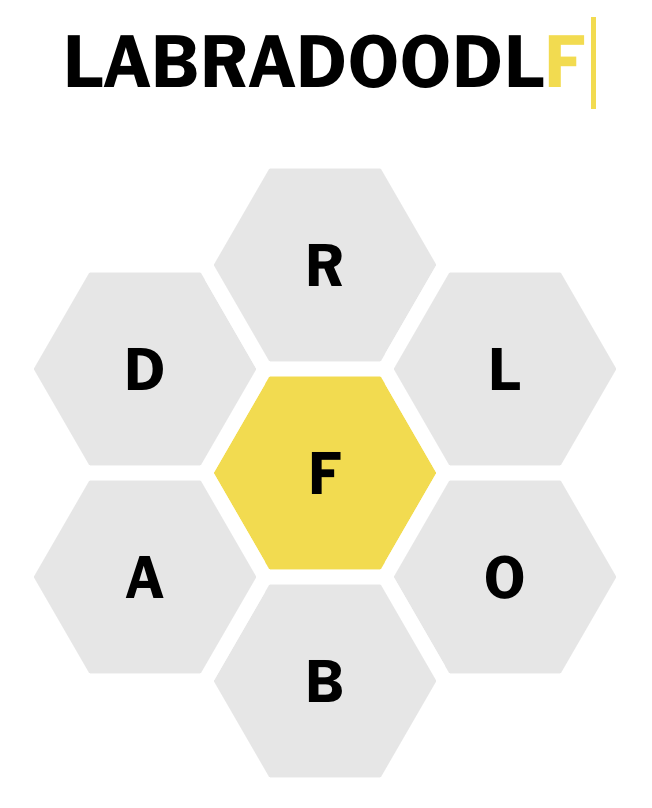this blog's mission statement
Auden, from “The Garrison”:
Whoever rules, our duty to the City
is loyal opposition, never greening
for the big money, never neighing after
a public image.
Let us leave rebellions to the choleric
who enjoy them: to serve as a paradigm
now of what a plausible Future might be
is what we’re here for.
So close to greatness.

Looking forward to this new podcast from my friends at Comment Magazine, featuring Shadi Hamid and Matthew Kaemingk.
SO hard to decide whether to denounce the people who deserve denouncing or denounce the people who are denouncing the people who do not deserve denouncing.
Manton Reece - Dear Elon Musk:
I agree that we shouldn’t be stuck in our own bubbles of misinformation. But the part Elon gets wrong is the premise that there should even be a “common digital town square” controlled by a single company. I reject that idea.
The common digital “square” should be the entire web, with a diverse set of platforms. There should be common APIs but many communities with their own rules, goals, and business models. Concentrating too much power in only a couple social media companies is what created the mess we’re in.
I posted an update on my Buy Me a Coffee page.
Adam Atheist
The other day I emailed my friend Adam Roberts and told him that I would have something to say about his despicable atheism.
Adam: “SCANDALOUS atheism! Not despicable! Scandalous!”
Me: “That’s just what a despicable atheist would say.”
Do please read Adam’s post; it’s extremely thoughtful and nuanced. Adam is responding to a claim by the late great literary critic Frank Kermode – a model of critical excellence for both Adam and me – that “From poetry and music I derive the little I know about holiness.” Adam wants to counterclaim that as much as he also is moved by poetry and music, that’s not really a religious experience.
I say so with a certain sorrow, for, like Kermode, poetry and music are very important to my life, and in them I often find the transcendence, the holiness of which he speaks here. But I don’t think his larger point is correct, actually. I cannot avoid the self-knowledge that this merely secular pseudo-faith lacks the blood, the force — lacks, the stationed and parrhesiastic surrender to absolute otherness — of religious faith in the Kierkegaardian sense I just mentioned — which is to say, in the sense that Kierkegaard understood the Christian idea of eternity as something applied to every moment of human existence.
Of course, it’s possible that speaking from experiential ignorance, as I necessarily am, leads me to over-romanticise what it is that people of faith have, and I lack. For many faith is, perhaps, a far more mundane business; it is surely, for most, a more quotidian business. Religion is a taxonomy of beliefs, yes; and it is (what I’m talking about here) an access to a transcendent otherness, an intensity of affect and apprehension, a power and glory. But more than that it is a social mode of being-in-the-world, a form of community, of belonging to a particular tribe: not just going to church, temple or mosque on high holy days, but helping-out at the church jumble sale, running the soup kitchen, reading-groups, social events, all that. It is something that serves to identify self and help it bond with others. Of seeing in other people not just strangers but brothers and sisters. Sitting at home and listening to a Bach cantata on your stereo isn’t any of that.
This is just one part of a complicated essay, but it should at least give the flavor.
All of what Adam says about religious faith – with its vertical (Godward) and horizontal (Neighborward) dimensions – seems to me correct, and useful in distinguishing such faith from whatever it is we most powerfully experience when we encounter the arts. But …
First of all, I don’t feel that I know anything about religion or religious faith in general; I only know what it means to be a Christian, or rather what it means to me to be a Christian. And to me the deepest heart of the matter is neither the ethical life of neighborliness nor an encounter with the transcendent but simply that as I read the Gospels I see in the life and words of Jesus an astonishing thing: Though I am unloveable, God loves me, and is willing to pay an enormous price to reconcile me to Himself. God loves me and hopes – “hopes” is a strange word to use with regard to the Omnipotent and Omniscient, but it’s the best word I have – God hopes that I will love Him in return.
Kierkegaard, in Philosophical Fragments:
And the cause of all this suffering is love, precisely because the God is not jealous for himself, but desires in love to be the equal of the humblest. When the seed of the oak is planted in earthen vessels, they break asunder; when new wine is poured in old leathern bottles, they burst; what must happen when the God implants himself in human weakness, unless man becomes a new vessel and a new creature! But this becoming, what labors will attend the change, how convulsed with birth-pangs! And the understanding – how precarious, and how close each moment to misunderstanding, when the anguish of guilt seeks to disturb the peace of love! And how rapt in fear; for it is indeed less terrible to fall to the ground when the mountains tremble at the voice of the God, than to sit at table with him as an equal; and yet it is the God’s concern precisely to have it so.
From my sense of this love, and its call upon my life, everything else, including the love of my neighbor, flows. Auden in “Winds,” the first of his “Bucolics”:
One bubble-brained creature said —
“I am loved, therefore I am” — :
And well by now might the lion
Be lying down with the kid,
Had he stuck to that logic.
I’m trying, heaven knows I’m trying, to stick to that logic.
That when reading about Jesus I feel drawn to this life I perceive as a free gift, a gift that, I well understand, not everyone receives. (I also understand that others receive it with far greater power than I do. I am a man of vague and shaky faith.) My friend Adam may be, like Max Weber — and the metaphor is especially appropriate given the contrasts at the heart of Adam’s post — “religiously unmusical.” But I do hope that one day he will hear the now-hidden harmonies of the Christian way; and even should he not, I trust that this ever-loving God will be infinitely merciful to him. It seems to me that Adam is a man after God’s own heart, whether he feels it or not.
My friend and colleague Philip Jenkins on The Great Vampire War of the Enlightenment.
Currently listening: ¡Ay! by Lucrecia Dalt ♫
Richard D. Kahlenberg: “Harvard picks classes that look like today’s racially diverse America; indeed, most undergraduates are students of color. But the school does not actually reflect America. Research by the economist Raj Chetty shows that Harvard has 15 times as many students from the richest fifth of the population as the poorest fifth.” Freddie deBoer has been great on this for a long time; see e.g. this fiery post.
Ross Douthat putting the necessary question:
As I argued in my inaugural newsletter last week, in general you need liberalism plus some overarching vision to sustain solidarity, energy and hope. And you definitely need the “plus” to fully resolve questions like, “Is abortion a form of murder or a fundamental right?” or “Is it child abuse to give teenagers puberty blockers or child abuse to refuse them?”
So what preserves a liberal order when there’s no such common vision, just the crumbled remains of one, with increasingly incommensurate visions of the good and true competing in the rubble?
Every time Matt Yglesias bangs the one billion Americans drum, I have the same question: Where will the necessary water come from?
I am neither Greek nor Chinese nor a philosopher, but I do often try to go back to the beginning.
My buddy Austin Kleon tried to ask a question about “merch” but for once autocorrect imposed the right question: “What do people use for mercy these days?"

Finished reading: The Last Samurai by Helen DeWitt. Impressive in many ways and often delightful, but essentially it’s The Further Adventures of the Glass Family. If you had always hoped that Salinger would in his hermetic withdrawal write a big sprawling ambitious 500-page novel, well, here it is. I don’t mean that as either a compliment or an insult. 📚


